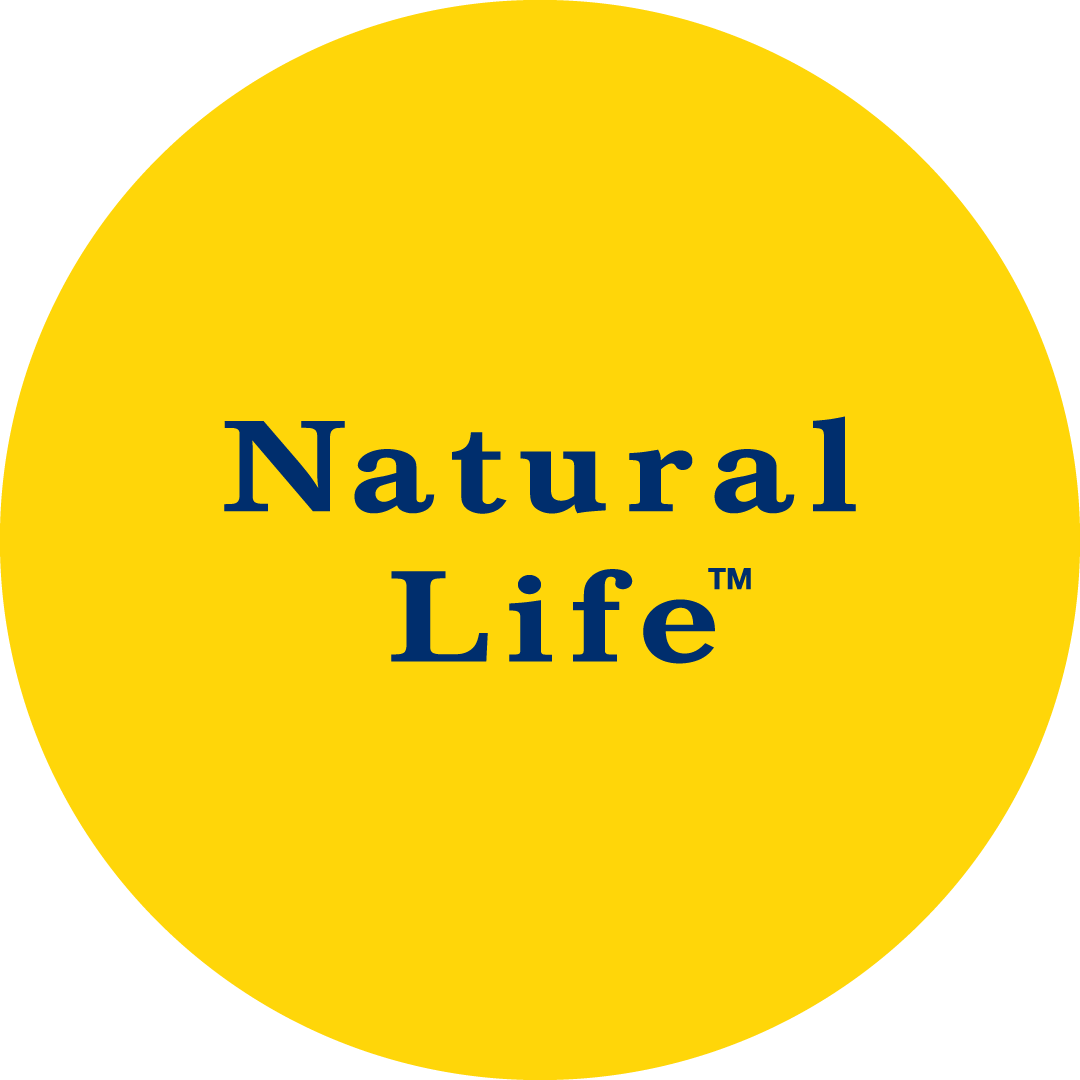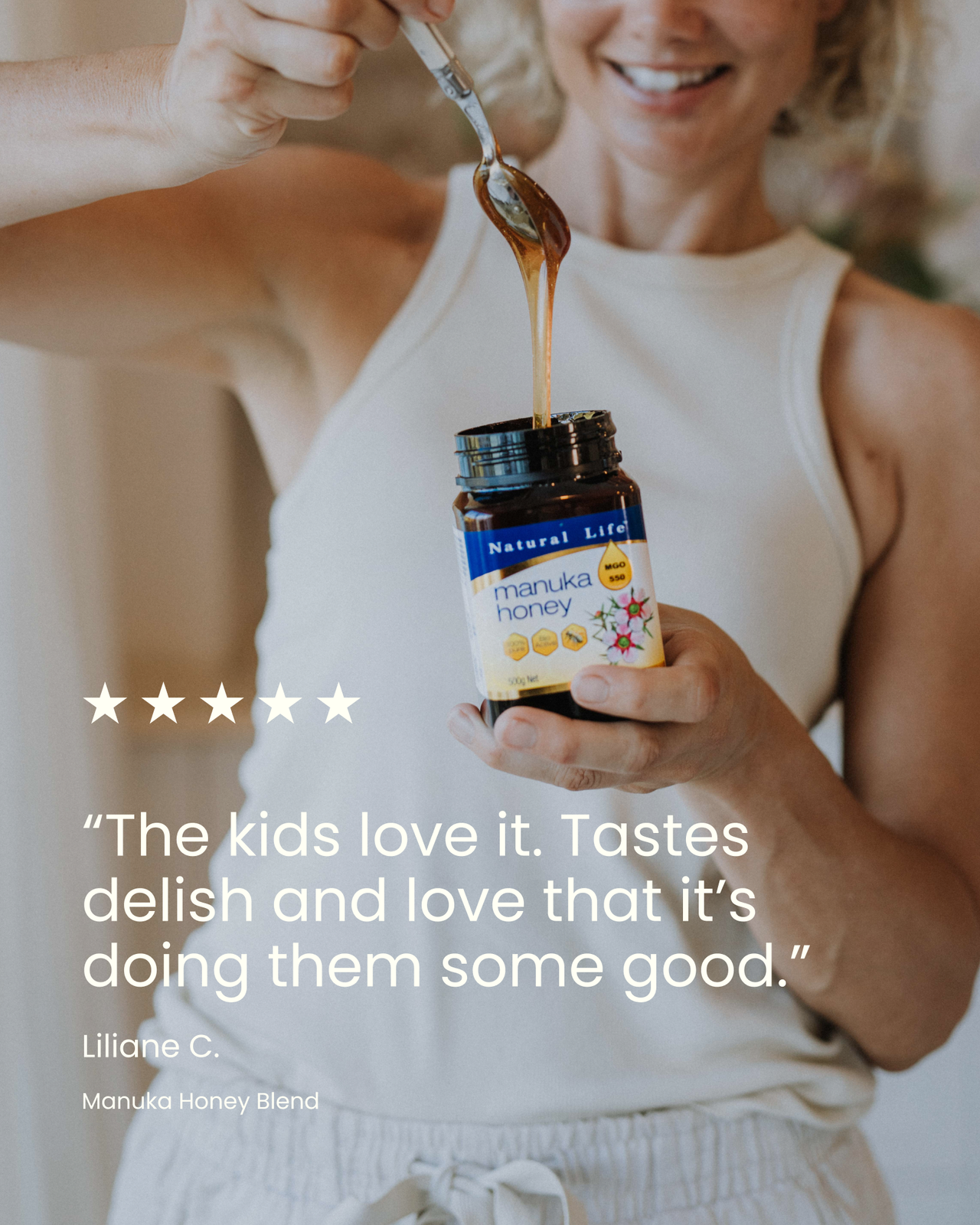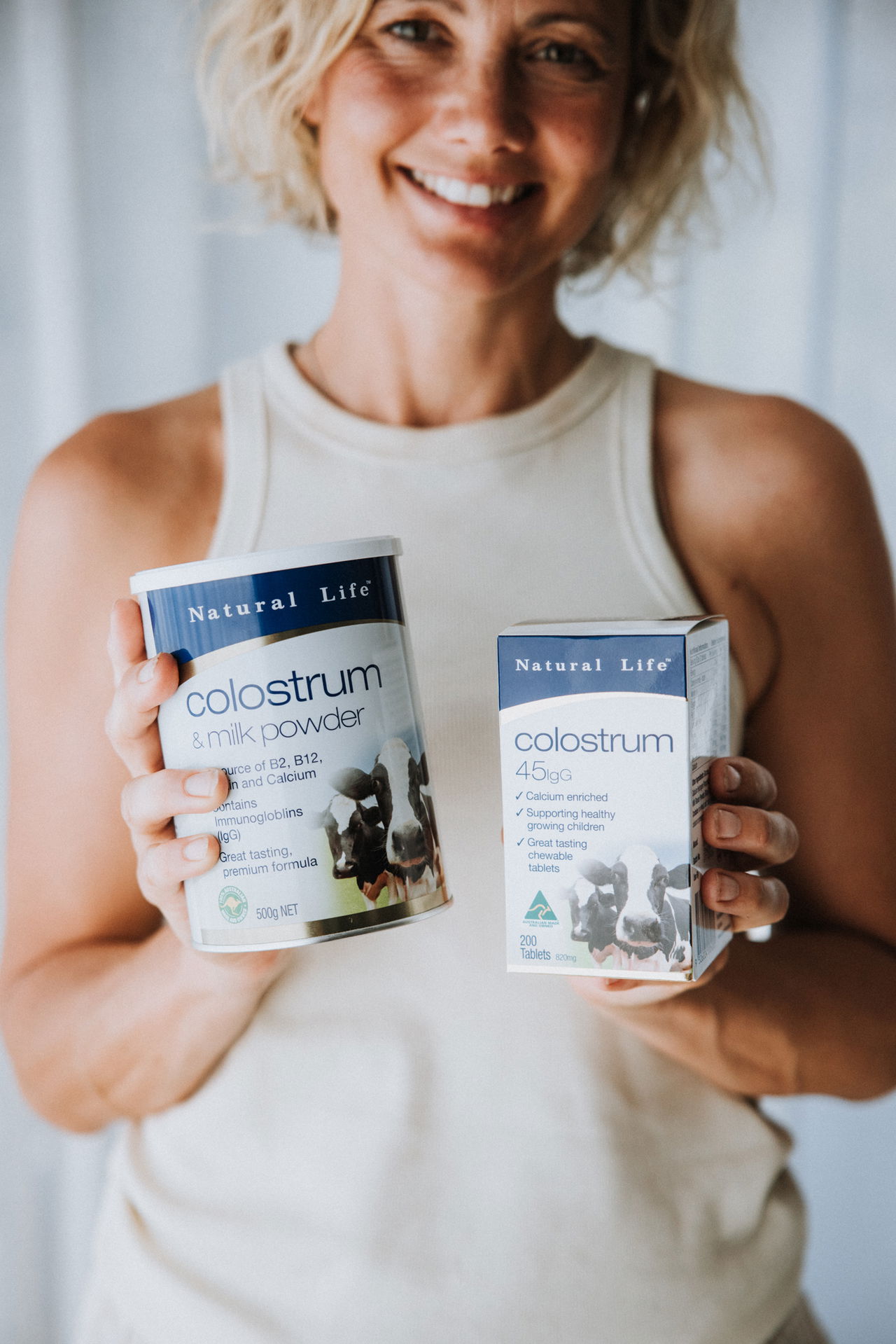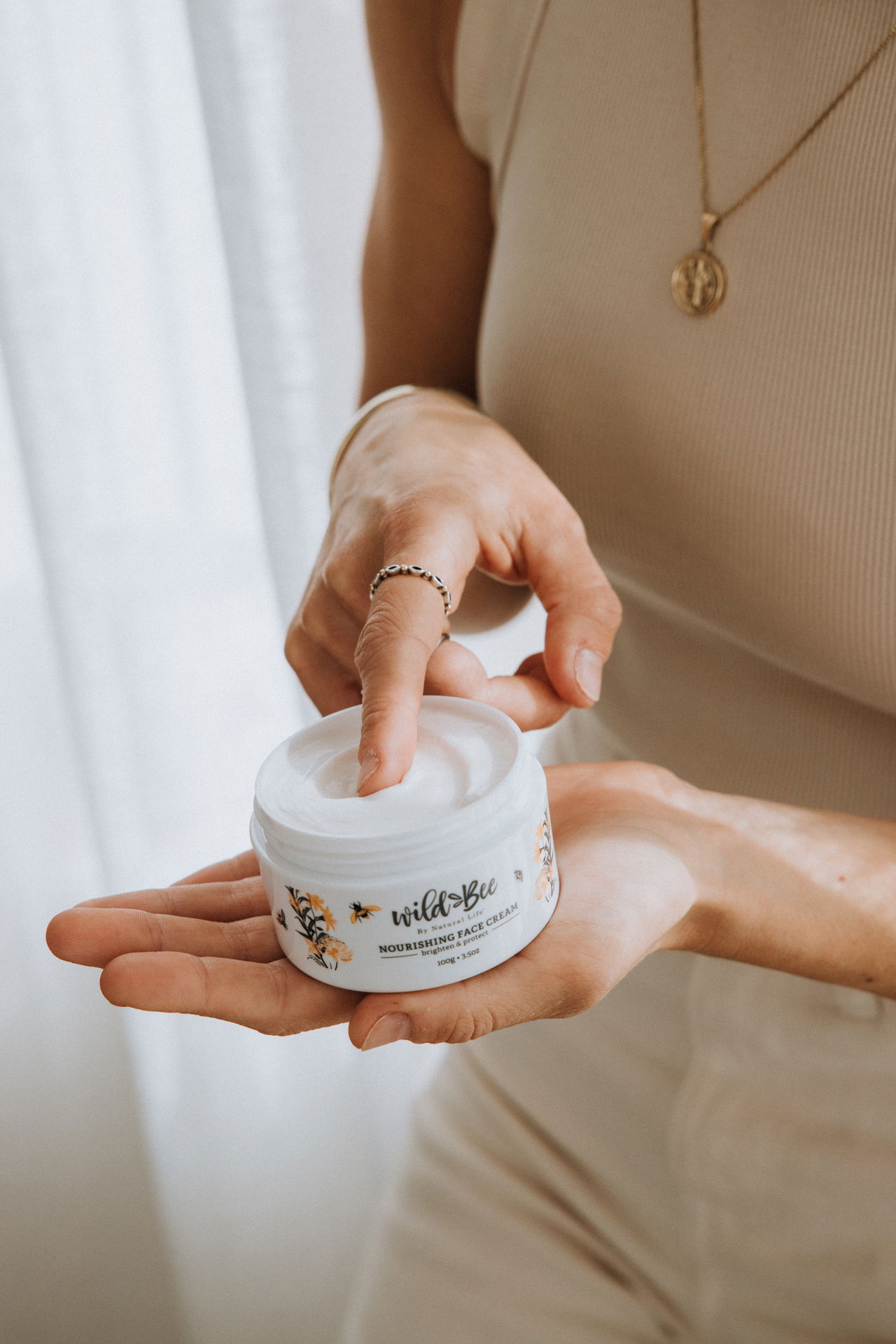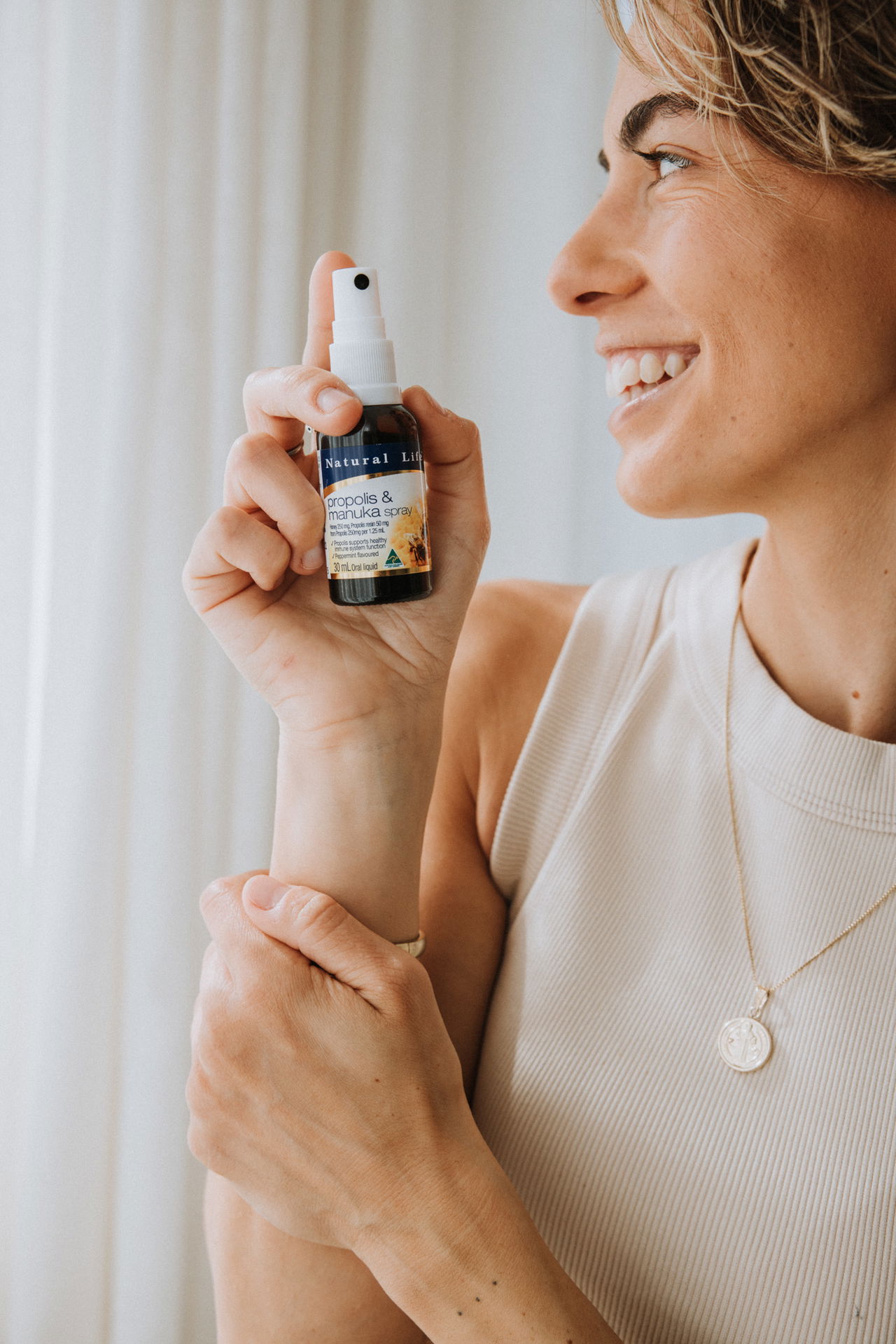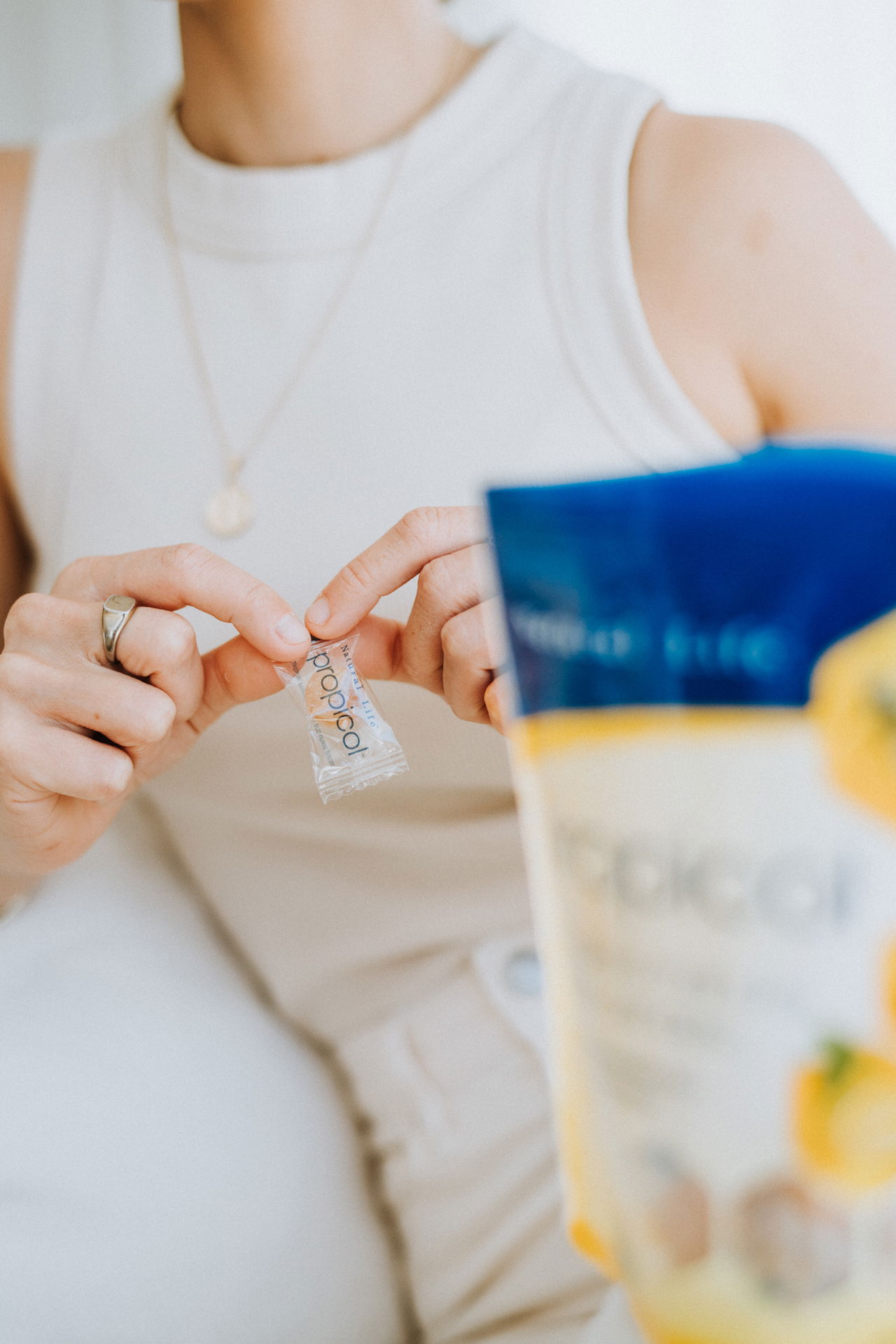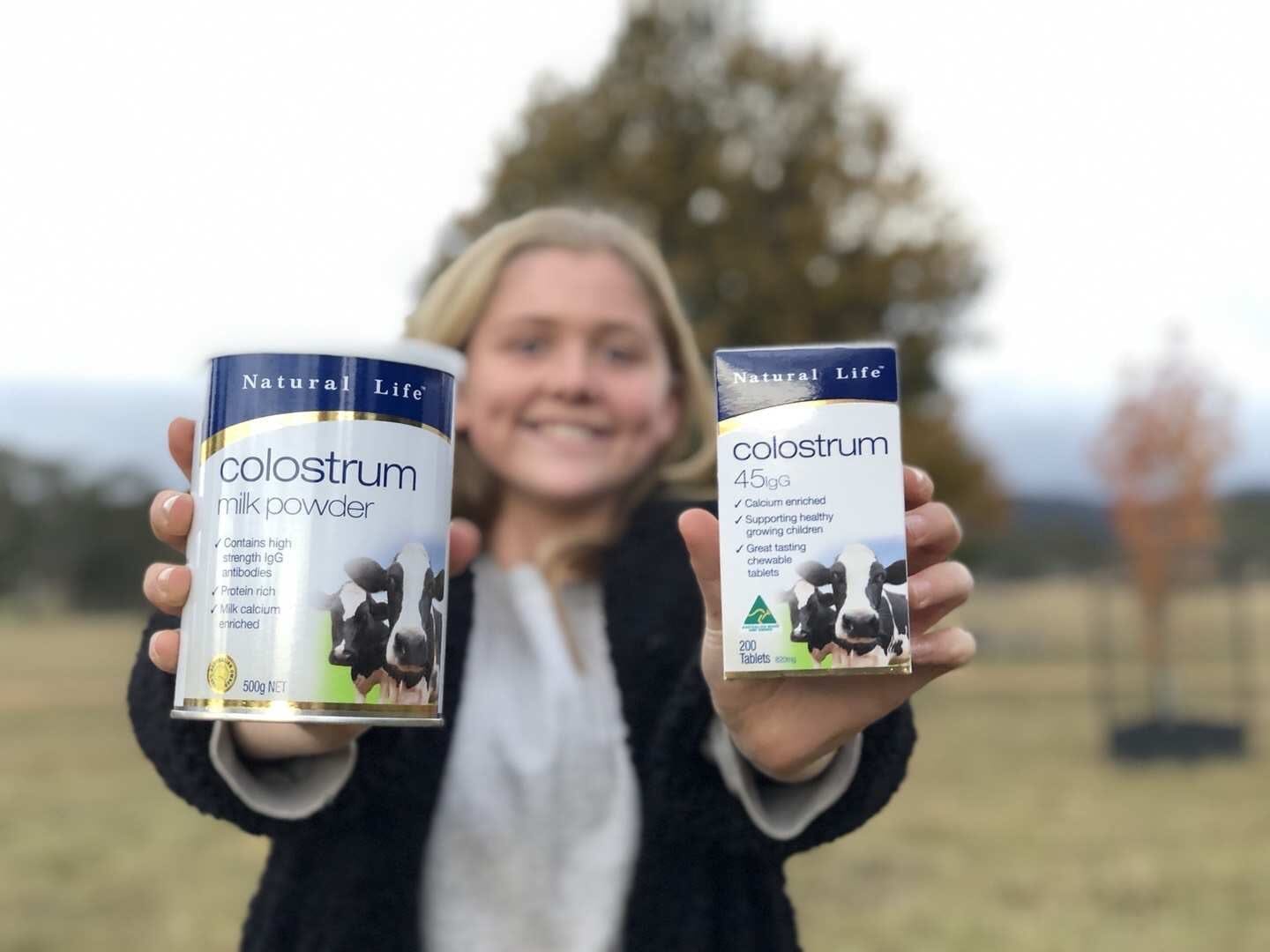We hate to be the bearer of bad news, but as they say in Game Of Thrones, winter is coming. With the cooler weather setting in and the occasional rainy day keeping us indoors, it’s a timely moment to reflect on something that quietly works around the clock for us—our immune health.
You’ve probably heard the term used a lot: "boost your immunity," "support your immune system," or "natural immune support." But what does immune health actually mean? And how do you know if yours is functioning well?
Let’s break it down—with a little help from science, and a closer look at one of nature’s most interesting defenders: propolis.
What is immune health?
At its core, immune health refers to the strength and balance of your immune system, the internal network that defends your body from outside invaders like bacteria, viruses, fungi, and other pathogens. When your immune system is in good shape, it can quickly identify what doesn’t belong and mount an effective response—without overreacting or misfiring.
Your immune system is incredibly complex, with two main arms:
-
Innate immunity: This is your first line of defence. It acts fast and responds broadly to anything that looks foreign.
-
Adaptive immunity: This part learns from experience. It remembers past invaders and builds specific antibodies to target them more efficiently next time.
Maintaining strong immune health isn’t about constantly being in “high alert” mode. In fact, an overactive immune system can lead to issues like inflammation, allergies, or autoimmune conditions. Good immune health is about balance—responding when necessary, but also knowing when to stand down.
What affects your immune system?
Your immune system is influenced by more than just exposure to germs. In fact, many of the factors that affect immune health are lifestyle-related:
-
Sleep: Poor or inconsistent sleep can lower the activity of your immune cells, making you more vulnerable to illness.
-
Nutrition: Your immune system relies on a steady supply of nutrients like zinc, vitamin C, vitamin D, selenium, and antioxidants to function properly.
-
Stress: Ongoing stress can increase inflammation and suppress immune cell function over time.
-
Gut health: About 70% of your immune system resides in your gut, which means a healthy microbiome is key to strong immunity.
-
Exercise: Moderate physical activity supports circulation of immune cells, while extreme overtraining can sometimes suppress immune response.
Unlike quick fixes or one-off remedies, immune health is something that builds (or depletes) over time, depending on the consistency of your habits.
The role of antioxidants and natural immune support
While foundational habits like sleep, movement, and whole foods should always come first, certain natural compounds can offer additional support to your immune system—especially during times of change, added stress, or exposure to seasonal bugs.
Antioxidants in particular are crucial. These molecules help neutralise free radicals, which can damage immune cells and trigger unnecessary inflammation. Plant-based compounds like flavonoids and polyphenols are known to be especially effective.
-
A 2022 systematic review on flavonoids highlights their immunomodulatory and antiviral properties, including support for respiratory tract infections.
-
Another 2022 study on dietary polyphenols reinforces their ability to reduce oxidative stress and regulate immune responses.
Nature's protection | Propolis
One natural ingredient that has been used for thousands of years—and remains a go-to immune-supporting remedy across Europe, Asia, and the Middle East—is propolis, a resin-like substance produced by bees from plant sap and used to line the walls of their hives.
In the hive, propolis serves as the colony’s own immune system. It creates a sterile, protective barrier that prevents the spread of bacteria, fungi, and viruses. For humans, this translates into a wide range of immune-supportive benefits.
Propolis is particularly rich in two key compounds:
-
Flavonoids: These plant-derived antioxidants help regulate immune activity, reduce oxidative stress, and support overall immune resilience.
-
Caffeic Acid Phenethyl Ester (CAPE): A bioactive compound that has been studied for its ability to modulate immune response and support healthy inflammation levels.
-
A 2023 study on CAPE and immunity discusses its role in immune regulation and potential in reducing inflammatory damage.
-
A 2022 review of propolis compounds confirms its immune-modulating activity and antimicrobial effects.
Modern research suggests that propolis may support both innate and adaptive immunity, helping the body respond effectively to external threats while maintaining internal balance.
Whether it’s used seasonally for extra support or as a part of a daily wellness routine, propolis is one of the most potent examples of natural immune support found in nature.
Here's what Natasha Sidoti, clinical naturopath and advisory board member here at Natural Life, has to say about the history of propolis & the incredible health benefits that it possesses.
Supporting your immune system—daily and long-term
Immune health is never about a single supplement or “miracle cure.” It’s about building a strong foundation through consistent, supportive choices—sleeping well, eating nutrient-rich foods, managing stress, staying active, and staying connected.
Natural compounds like propolis can be a valuable addition to this foundation, offering antioxidant protection and immune regulation in a form that’s been used by bees—and humans—for centuries.
So as the seasons shift and we all navigate busy schedules, changing weather, and new environments, it’s a good time to tune in to your immune system. Because the better we understand it, the better we can support it—naturally.

